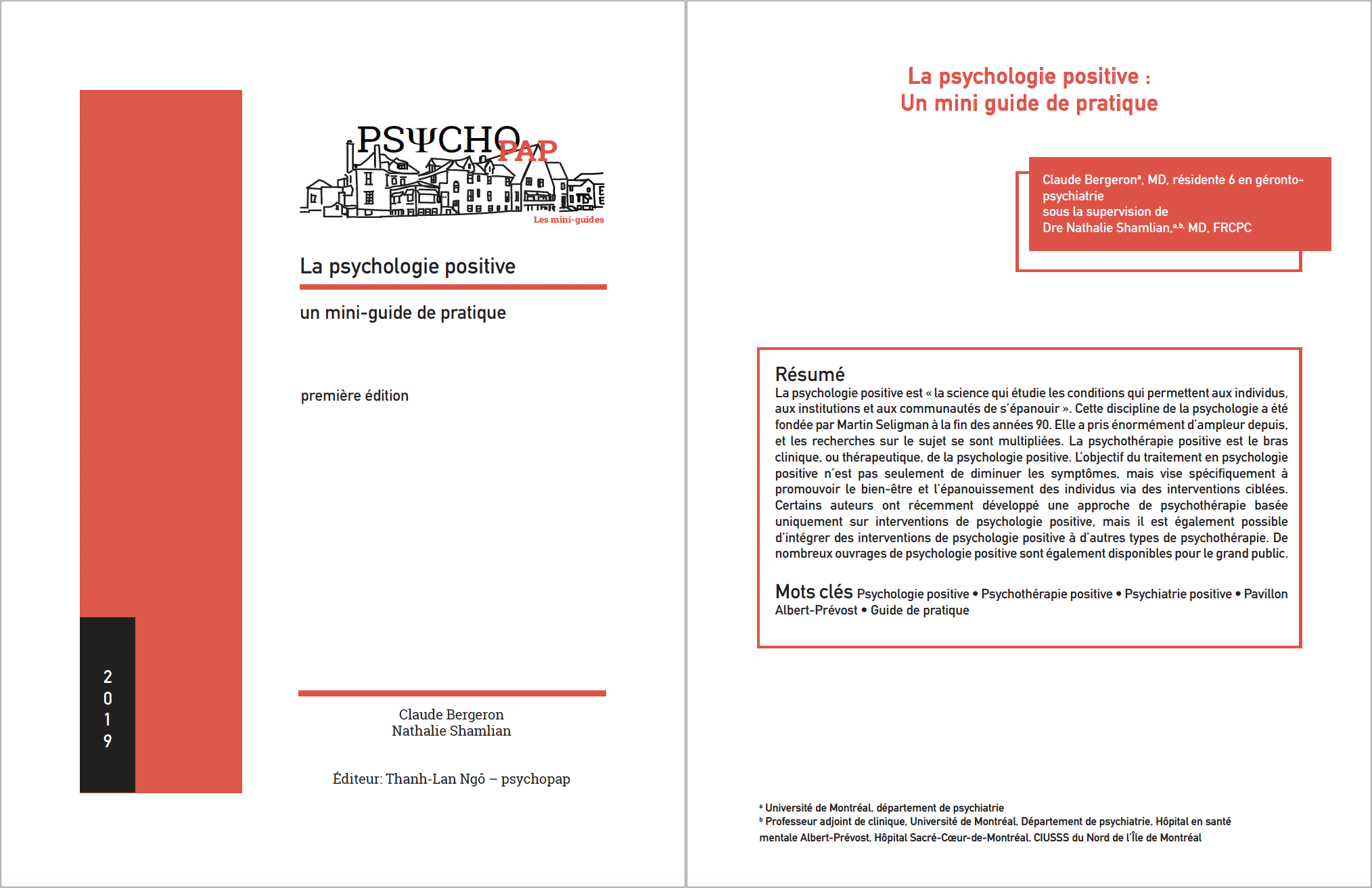Mental health in France is going through a critical period. The repercussions of the health crisis are being felt acutely on the psychological well-being of citizens. With one in five French individuals having seriously considered suicide, the situation is truly alarming.
Despite the growing importance given to this issue, people suffering from mental disorders continue to face multiple administrative hurdles and persistent stigma. The public psychiatry system in France shows signs of fatigue, with overloaded facilities and restricted access to specialized care. Social and financial obstacles exacerbate the situation, making it difficult for many patients to access quality care.
The mental health crisis in France: a situation report
Since the beginning of the health crisis, mental health in France has been going through a critical period. According to the Montaigne Institute, one in five French individuals has seriously considered suicide during this period. This alarming statistic highlights the extent of the challenges faced by people suffering from mental disorders. The obstacles are numerous: stigma, limited access to care, social and financial difficulties, and an increased mortality rate among this vulnerable population.
The public psychiatry system in France is often described as “exhausted.” Psychiatric facilities face problems of capacity and resources, leading to a decline in the quality of care. Restricted access rooms for part of the day and the regular use of seclusion are common practices that reflect the deterioration of care conditions.
What are the main obstacles to accessing psychiatric care?
People suffering from mental disorders often have to navigate a maze of obstacles to access the necessary care. The stigma associated with mental illnesses remains a major barrier, discouraging many individuals from seeking help. Moreover, access to care is limited, particularly in rural or underserved areas, such as Doubs and Bourgogne-Franche-Comté.
Financial difficulties also play a crucial role. The high costs of treatments and the lack of adequate coverage from insurance can prevent individuals from receiving the care they need. Furthermore, the current system lacks professional and disciplinary integration, making coordination among various health actors complex and ineffective.
How has the pandemic impacted the mental health of healthcare professionals?
The COVID-19 pandemic has had a considerable impact on mental health, particularly among healthcare professionals. The IRDES Institute reported that many caregivers have suffered from post-traumatic stress, depression, and anxiety due to the intensity and duration of efforts made on the front lines.
Moreover, the impact of sleep on the performance of healthcare professionals has been severely compromised, leading to a decline in the quality of care and an increase in medical errors. These challenges underscore the urgent need to implement effective support programs to help these professionals manage stress and maintain their mental well-being.
What government initiatives aim to improve mental health?
In the face of this crisis, the government has launched several initiatives to improve the mental health situation. In 2025, a national cause was declared, aimed at dismantling the stigma surrounding mental disorders, developing prevention and early detection, and improving access to care throughout the territory.
During the Council of Ministers on March 19, 2025, concrete measures were announced, including the allocation of additional resources for facilities under pressure, particularly in the Doubs and Bourgogne-Franche-Comté regions. The objective is to ensure access to quality psychiatric care for all citizens, regardless of their geographic location.
Why is destigmatization crucial for mental health?
The destigmatization of mental disorders is essential to encourage individuals to seek help without fearing judgment or prejudice. By raising awareness and educating the public, a more welcoming and inclusive environment can be created for those suffering from mental health issues.
Prevention and awareness campaigns play a key role in this approach. Furthermore, improving early detection enables interventions before disorders become too severe, thus reducing the risks of mortality and improving recovery prospects.
What are the challenges of the public health system in caring for mental disorders?
The French public health system faces numerous challenges when it comes to caring for people suffering from mental disorders. Epidemiological, economic, and organizational issues are multiple and require innovative and sustainable solutions.
Among the main challenges, the decrease in care capacities in public and nonprofit private sectors is concerning. This leads to a shift towards non-specialized emergency services, already saturated, which compromises the quality of care and the speed of intervention.
How can technological innovations revolutionize mental health?
Technological innovations offer new perspectives for improving mental health. Digital therapies and telemedicine allow for better monitoring of patients, especially those living in remote areas or having difficulties traveling.
Applications for psychoeducation and cognitive remediation facilitate access to innovative treatments. Moreover, these technologies can help prevent burnout among healthcare professionals by providing tools for stress management and personal well-being.
What are the future prospects for mental health in France?
The future prospects for mental health in France largely depend on the actions taken today. The support for affected individuals, the training of healthcare professionals, and the adequate funding of psychiatric facilities are key elements for improving the situation.
The implementation of a comprehensive approach to mental health, integrating different actors and disciplines, is essential to provide coordinated and effective care. By promoting professional integration, we can ensure better care for patients and more efficient management of available resources.
In conclusion, it is imperative to make immediate and affordable access to psychiatric care a norm in France. This requires collective mobilization, sustained investments, and a strong political will to transform the landscape of mental health and ensure the well-being of all citizens.
The current mental health crisis highlights the urgent need to reform our care system. Since the health crisis, many individuals have seen their psychological well-being weakened, emphasizing the need for immediate and affordable access to mental health services. This alarming situation underscores the shortcomings of the current system, where stigma and financial barriers prevent many from receiving the help they need.
In light of this reality, it is imperative that governments and public health institutions adopt concrete measures to ensure universal access to psychological care. This involves increasing resources allocated to psychiatric facilities, providing more training for mental health professionals, and implementing prevention and awareness programs. Furthermore, integrating mental health into overall health policies is essential for a holistic approach to the well-being of citizens.
Telemedicine and technological innovations also offer opportunities to improve access to care. By facilitating remote consultations, these tools can overcome geographical barriers and reduce waiting times, making care more accessible and effective. Additionally, interdisciplinary collaboration and communication between different health actors are crucial for providing comprehensive and personalized follow-up for patients.
Finally, it is essential to promote a culture of openness and understanding around mental disorders. Destigmatization and public education are powerful levers to encourage individuals to seek help without fear of judgment. By making access to mental health care a norm, we can not only improve the quality of life of affected individuals but also strengthen the resilience of our society in the face of future challenges.














